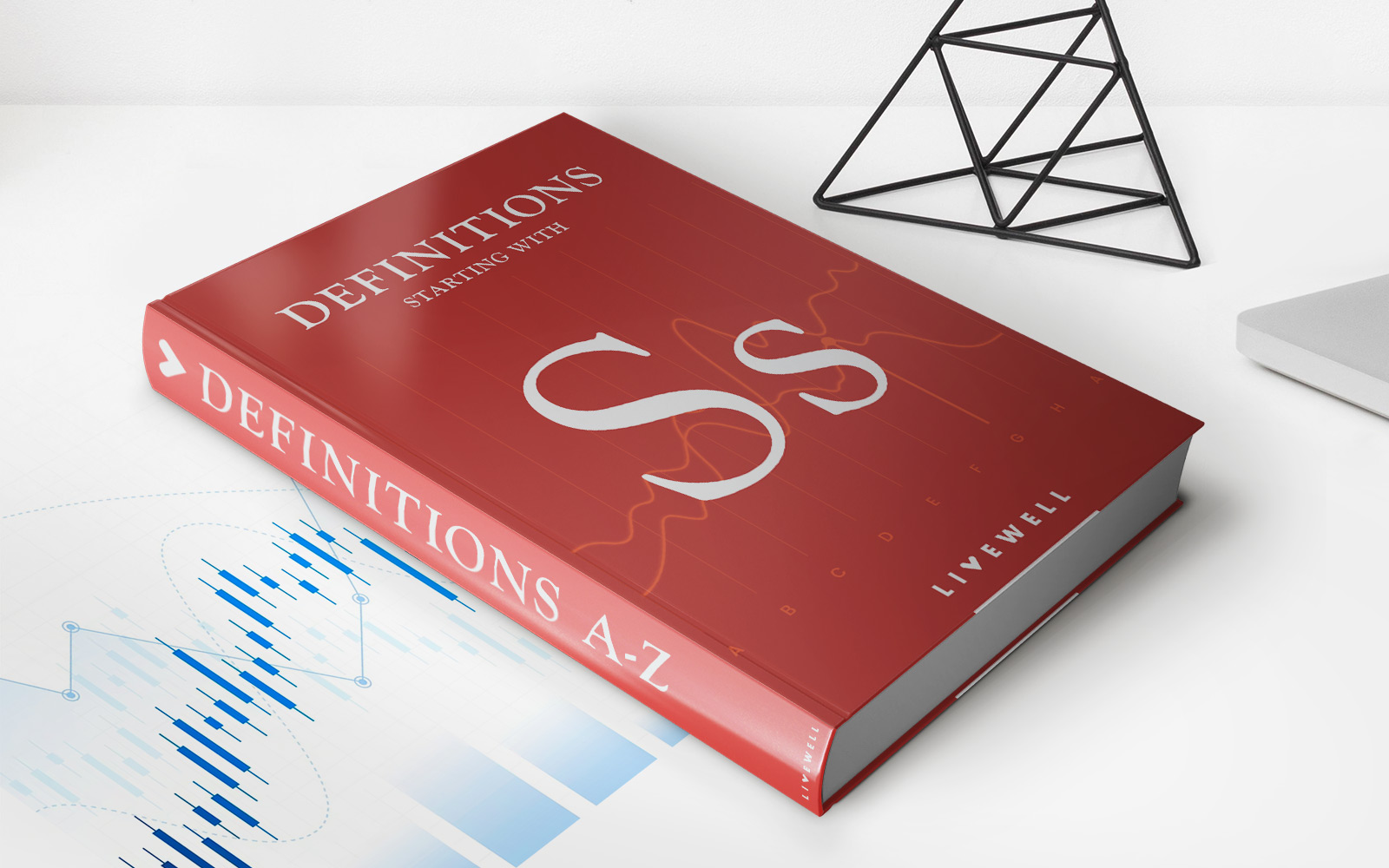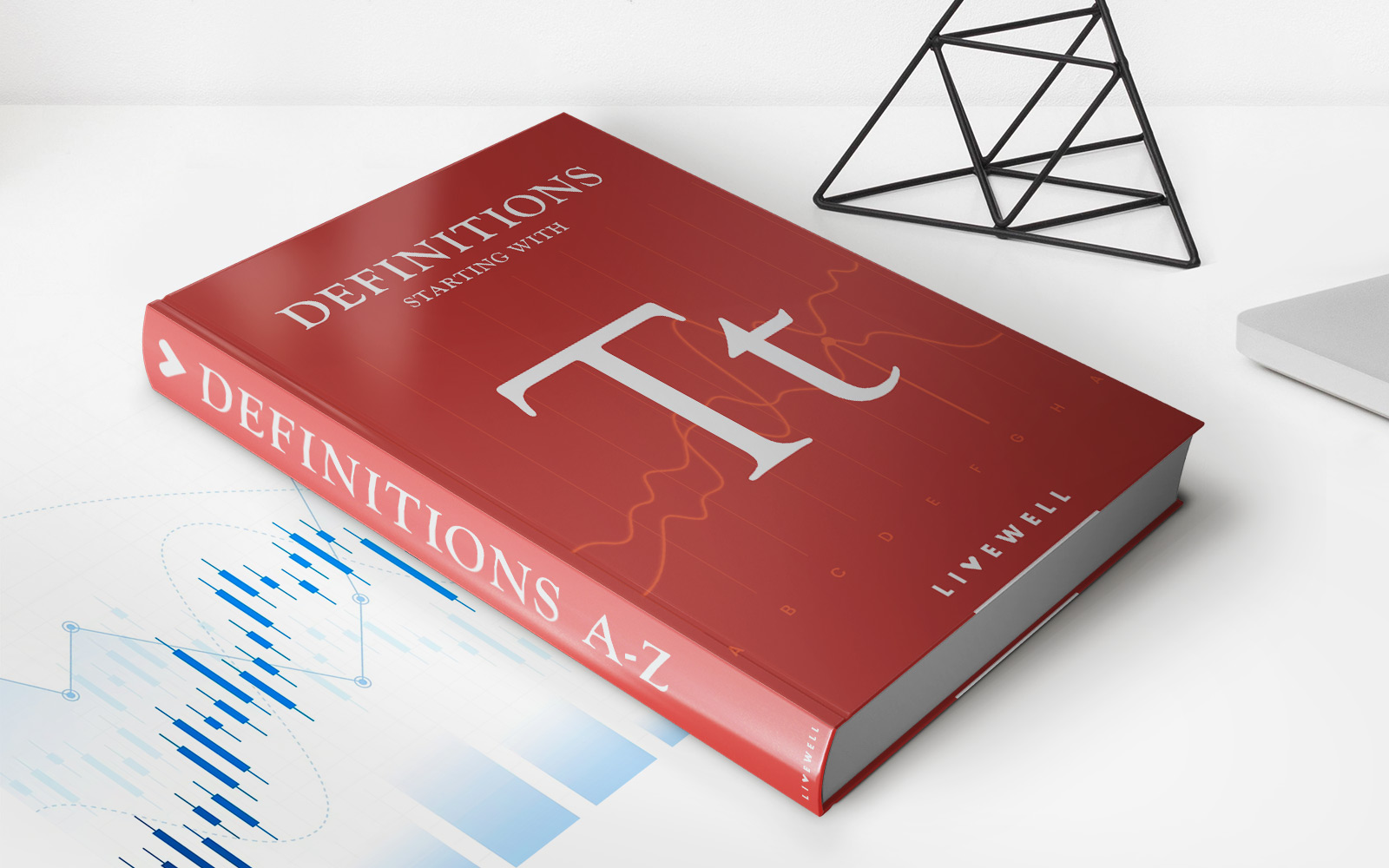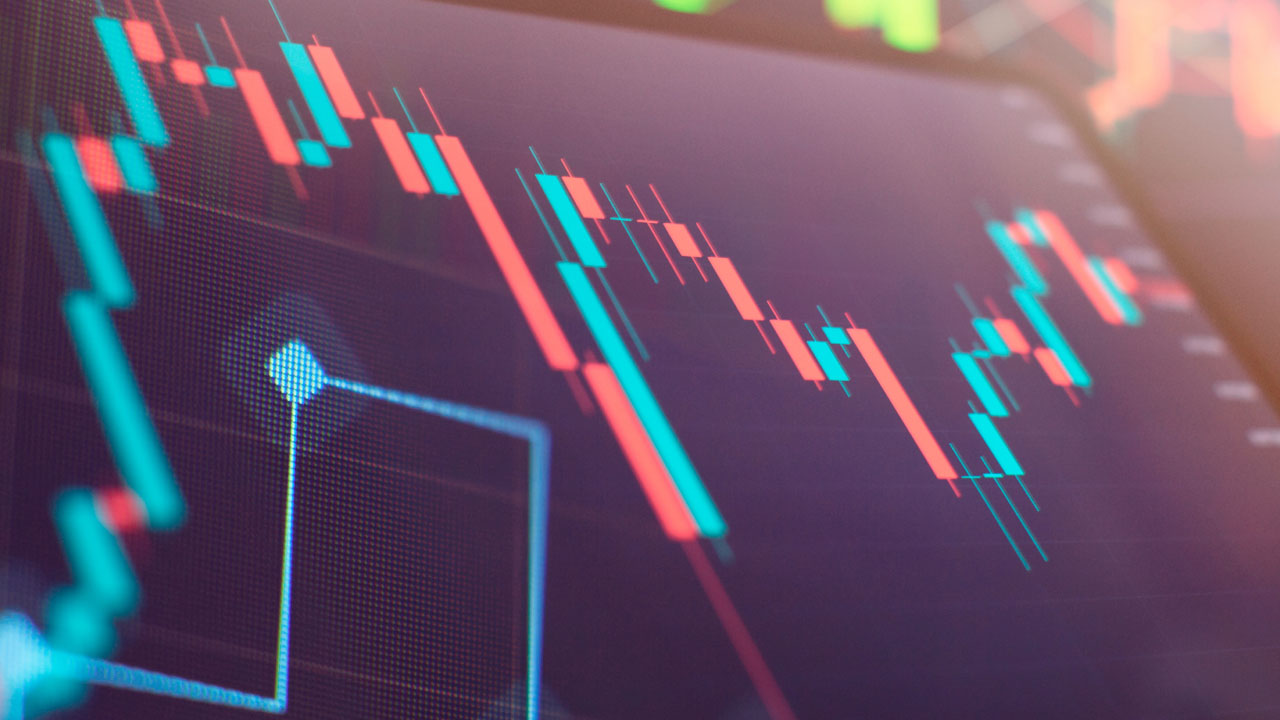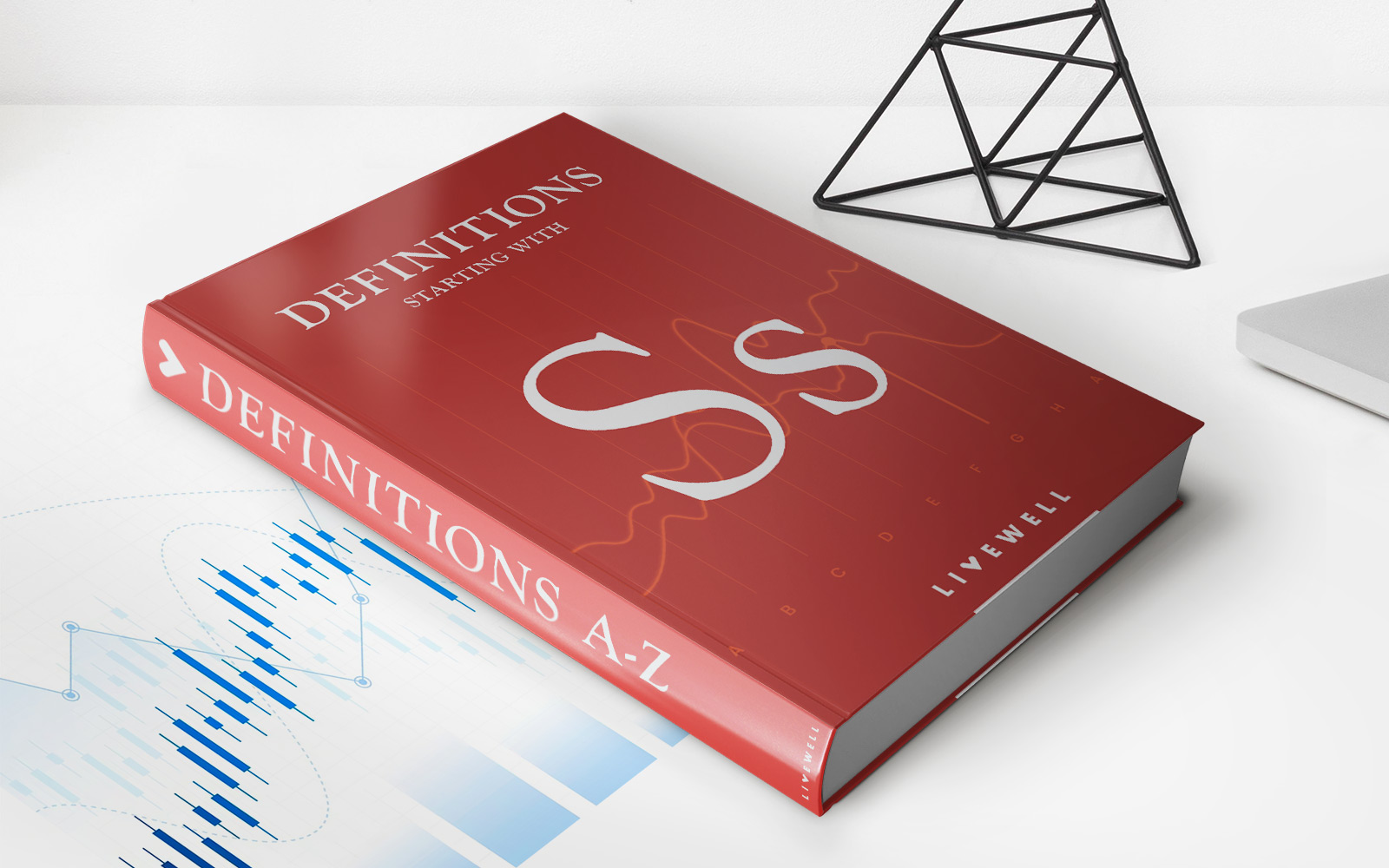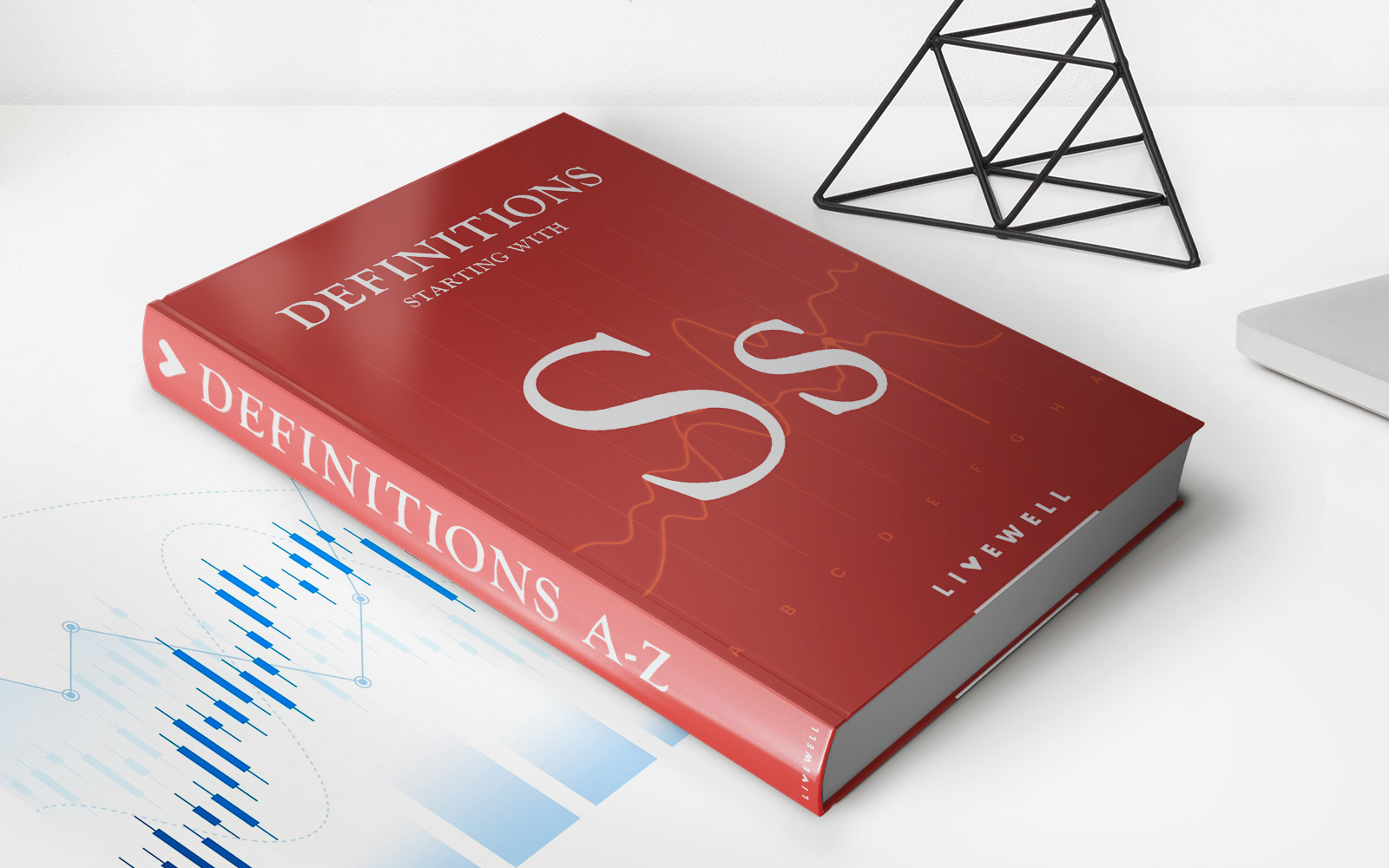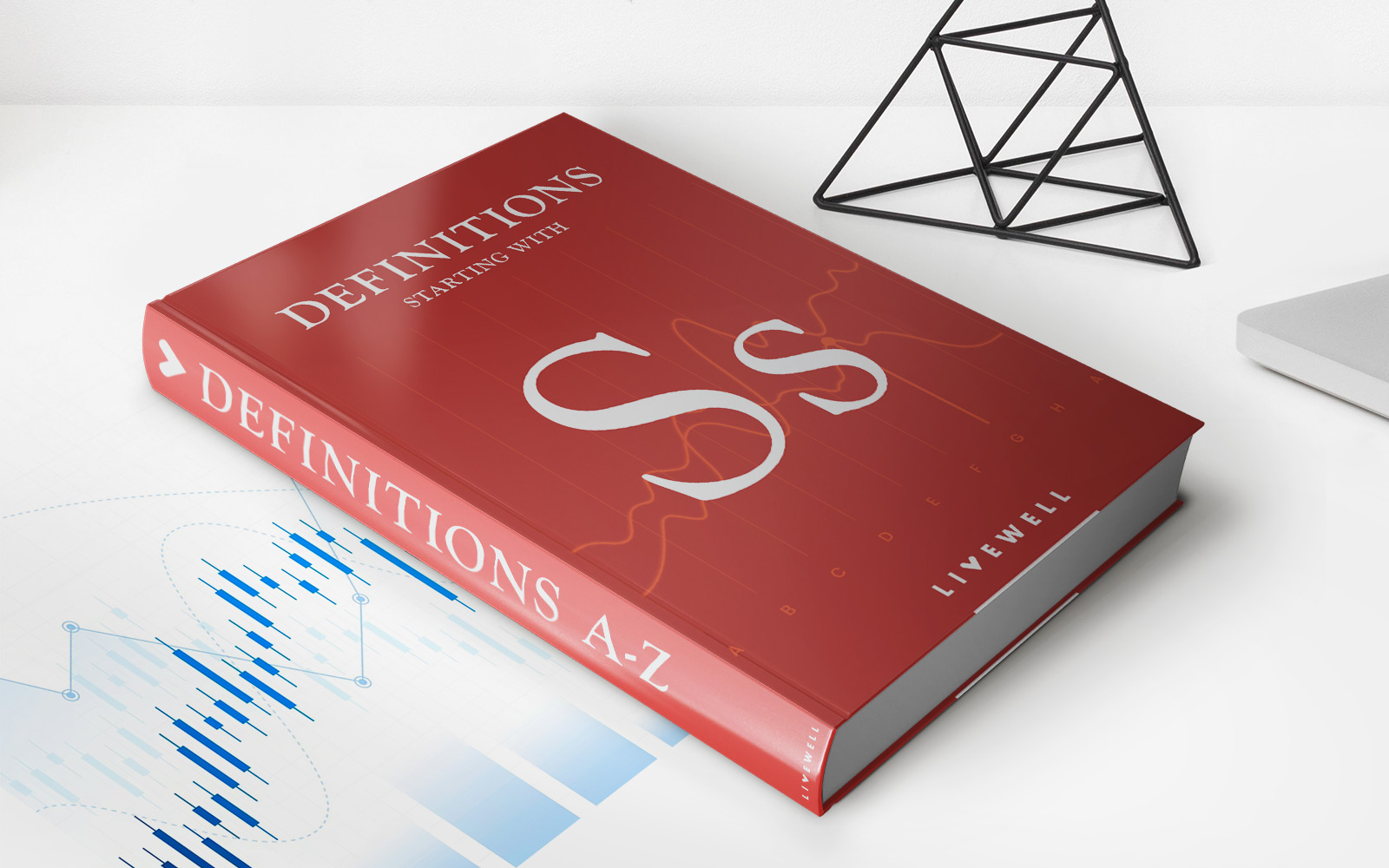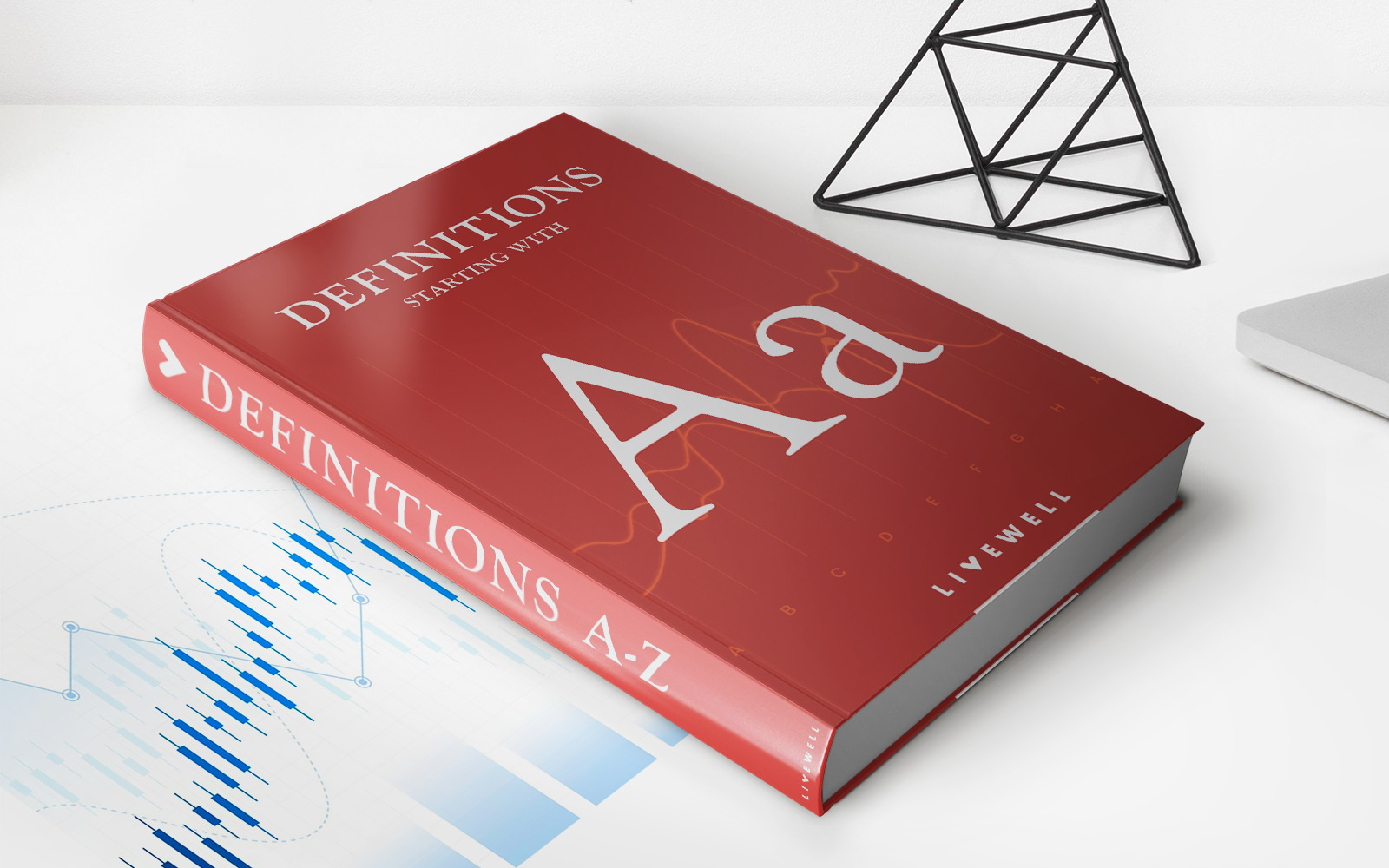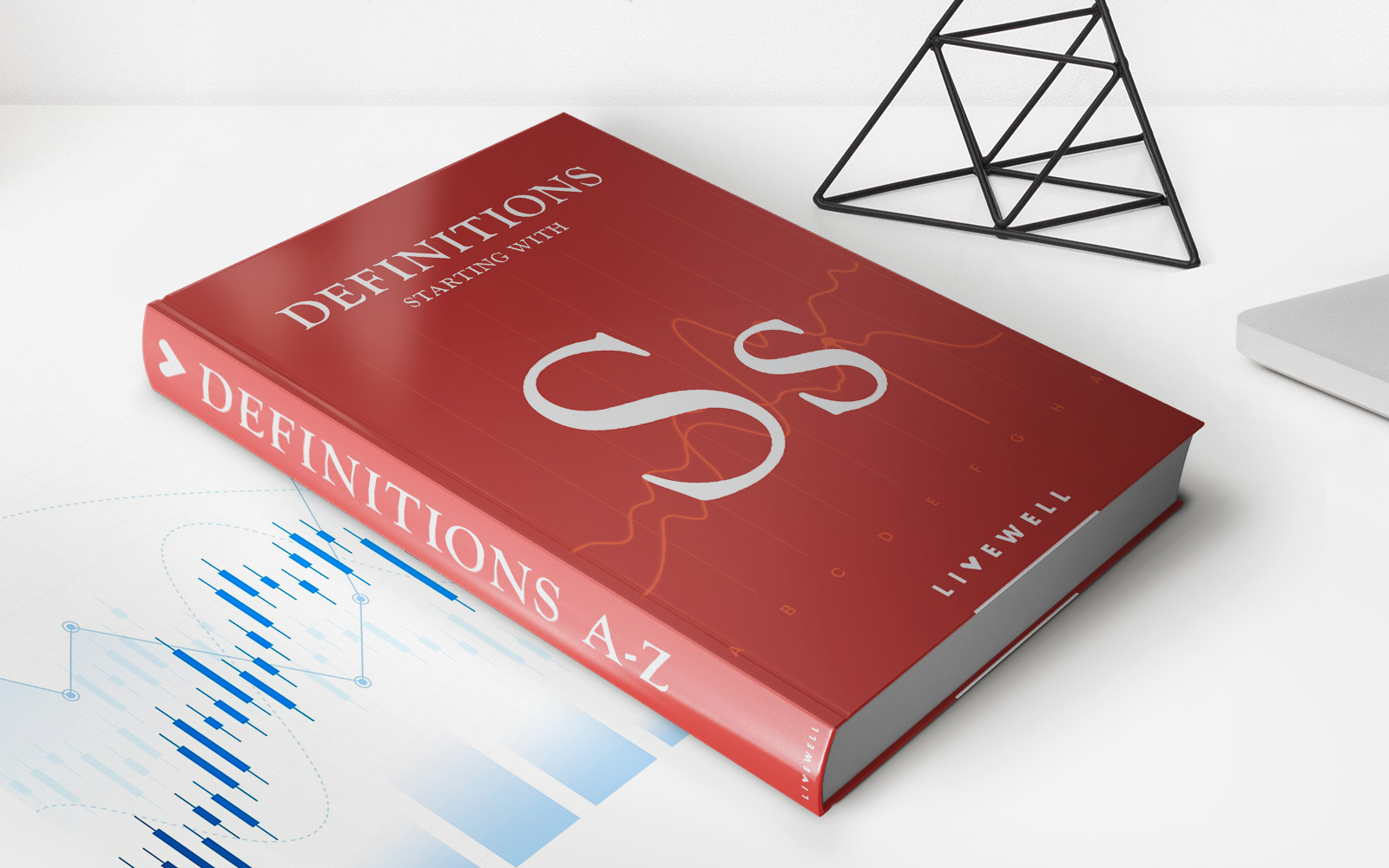

Finance
Speculation Index Definition
Published: January 31, 2024
Discover the meaning of speculation index in finance and how it impacts investment strategies. Gain insights into this essential financial concept
(Many of the links in this article redirect to a specific reviewed product. Your purchase of these products through affiliate links helps to generate commission for LiveWell, at no extra cost. Learn more)
Understanding the Speculation Index: A Key to Navigating the Financial Markets
Welcome to the “FINANCE” category on our page! In the world of finance, there are various tools and indicators used to analyze and predict market trends. One such tool that stands out for its ability to gauge investor sentiment is the Speculation Index. In this blog post, we will dive into the definition and importance of the Speculation Index, exploring how it can help investors make informed decisions and navigate the often turbulent waters of the financial markets.
Key Takeaways:
- The Speculation Index is a valuable tool used in finance to measure investor sentiment and market speculation.
- By tracking the Speculation Index, investors can gain insights into market trends and potential risks.
What is the Speculation Index?
The Speculation Index, also known as the Speculative Sentiment Index (SSI), is a metric used to quantify the level of speculation in a particular financial market. It measures the ratio of speculative trading positions to total trading positions.
Speculative trading refers to the act of buying or selling financial instruments, such as stocks, currencies, or commodities, with the expectation of making a profit based on anticipated price movements. When investors exhibit high levels of speculation, it often indicates a market sentiment characterized by heightened risk-taking and potential volatility.
The Importance of the Speculation Index
Investors and traders rely on the Speculation Index as it provides valuable insights into market sentiment and conditions. Here are a few reasons why the Speculation Index is important:
- Identifying market extremes: The Speculation Index helps identify periods of excessive optimism or pessimism in the market. When sentiment reaches extreme levels, it may signal an impending market reversal or a potential correction.
- Assessing contrarian trading opportunities: The Speculation Index can be used as a contrarian indicator. When market sentiment reaches extreme levels, it may present opportunities to take the opposite position to the prevailing sentiment, potentially profiting from a market reversal.
- Evaluating risk appetite: The Speculation Index can gauge the risk appetite of market participants. High levels of speculation often indicate increased risk-taking, while low levels may suggest a more cautious and risk-averse sentiment.
By incorporating the Speculation Index into their analysis, investors can gain a better understanding of market dynamics, potential risks, and opportunities. It can help them make more informed decisions and develop strategies that align with market sentiment.
Conclusion
The Speculation Index plays a crucial role in understanding market sentiment and assessing potential risks and opportunities in the financial markets. Whether you are an individual investor or a professional trader, incorporating this valuable tool into your analysis can give you a competitive edge. By tracking the Speculation Index, you can navigate the unpredictable nature of the financial markets with greater confidence.
We hope this blog post has provided you with a clear understanding of the Speculation Index and its significance in the world of finance. Stay tuned for more informative posts in our “FINANCE” category, as we continue to explore various topics that can help you enhance your financial knowledge and achieve your investment goals.
